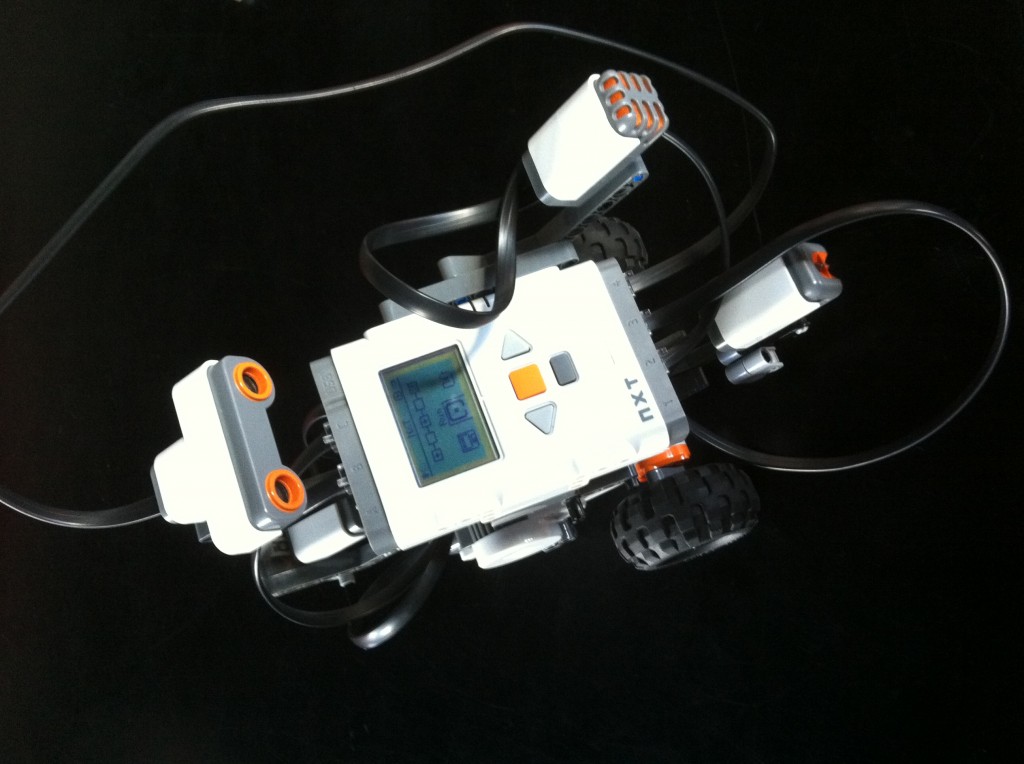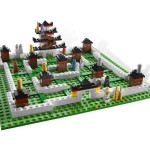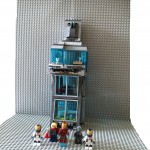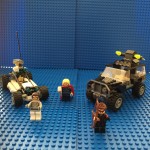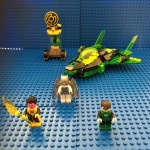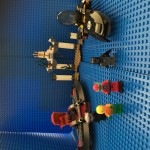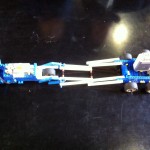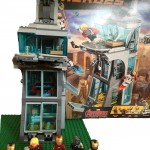
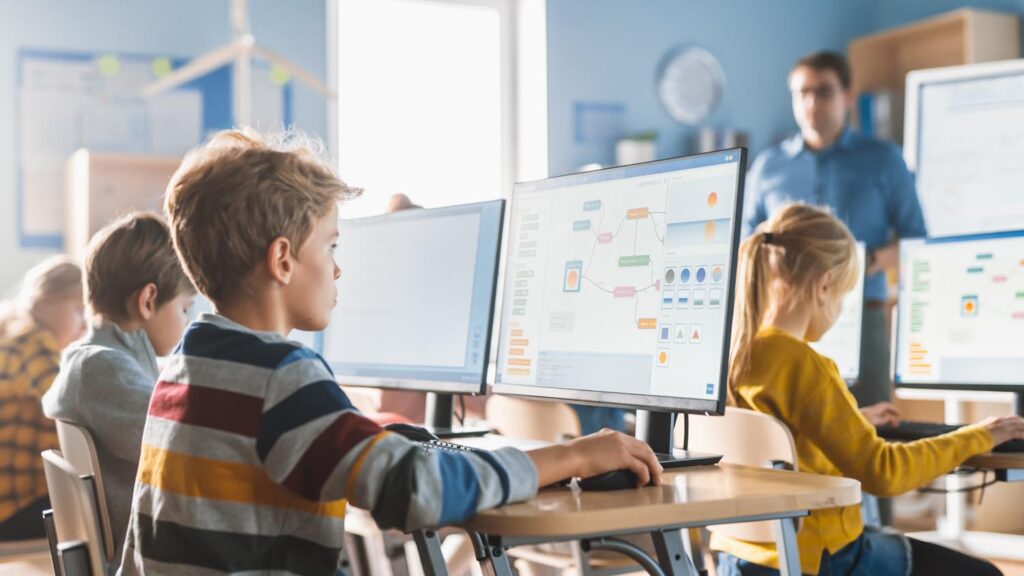
Ages (6 & 7) (8-12)
In this camp, students begin each morning with Computer Coding followed by modules in Junior Engineering and Technology, Science Experiments, the Arts and Maths.
We have also included Chess as a module in this camp which has proved to be very popular.
Computer Coding
The programming languages taught in our Coding Camps include Scratch, Python and Java.
Scratch:
Scratch is a great programming language for beginners and young coders. It’s a visual computer language which uses blocks of code (think LEGO) that represent different actions or commands. This makes it easier to understand especially for younger coders and beginners who may not be familiar with text based programming language.
Scratch helps students to build their initial thinking skills. Students create interactive games using a ball for example as well as building animations with moving and talking characters (sprites) based on their interests.
It’s a great first step as Scratch teaches the fundamental coding concepts (loops, conditions and variables) in a hands-on and interactive way. These same concepts are used in more complex real-world programming languages such as Python.
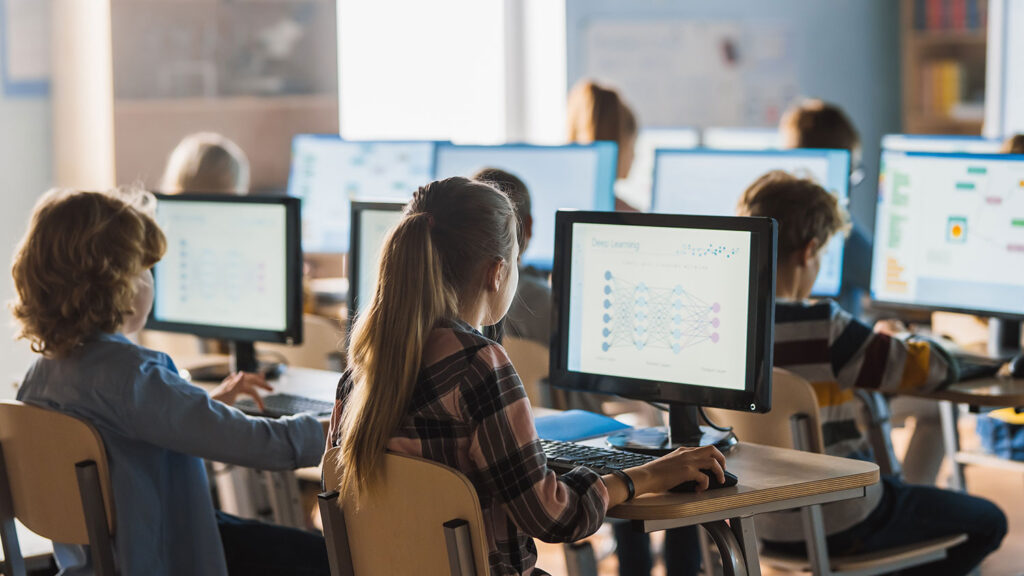
Python:
Progressing on from Scratch, we introduce students to Python which is a text based computer language. Python is one of the most popular programming languages in the world due to its versatility and beginner-friendliness. It is powerful and fast. It is easy to learn as it uses simple programming syntax with English – like commands. It has lots of ready made code available. It takes less time to build a programme.
Python is designed to be used in a range of applications such as building websites and software, automate tasks and conduct data analysis. It has created everything from Netflix’s recommendation algorithm to the software that controls self-driving cars.
Java:
Java is a fast, secure, reliable programming language for coding everything from mobile apps and enterprise software to big data applications and server-side technologies. An enormous amount of applications and websites use java. The code you write can work on any computer. Java excels at creating games and apps for mobile devices. It’s also useful to build servers. The application built in java can be distributed over the internet or on any network. The most important features of Java are Platform Independent and Object Oriented.
Java is fairly easy to learn if you have already studied another programming language. For a student learning to code for the first time, one challenge when learning Java can be getting to grips with the language’s syntax.
Java and Python are two of the most popular programming languages. Of the two, Java is the faster language, but Python is simpler and easier to learn.
Science Experiments

Students absolutely love this module. It is totally hands-on with the students working in pairs and actively carrying out the experiments themselves once shown by the science tutors. It’s a fun and exciting module as well as being super educational.
From building a Ferris wheel to Exploring Surface Tension, from Elephant Toothpaste to Dancing Raisins, from Sink or Float to Exploring Colours with Baking Soda/Vinegar, from Magnet Magic to Will it melt?, from LEGO Boats to Magic Milk Experiment, from Exploding Soap to Magical Balloon and many many more experiments, one of these simple experiments might just be the light bulb moment that inspires your child to be a scientist for life!!!
The “A” in STEAM stands for The Arts
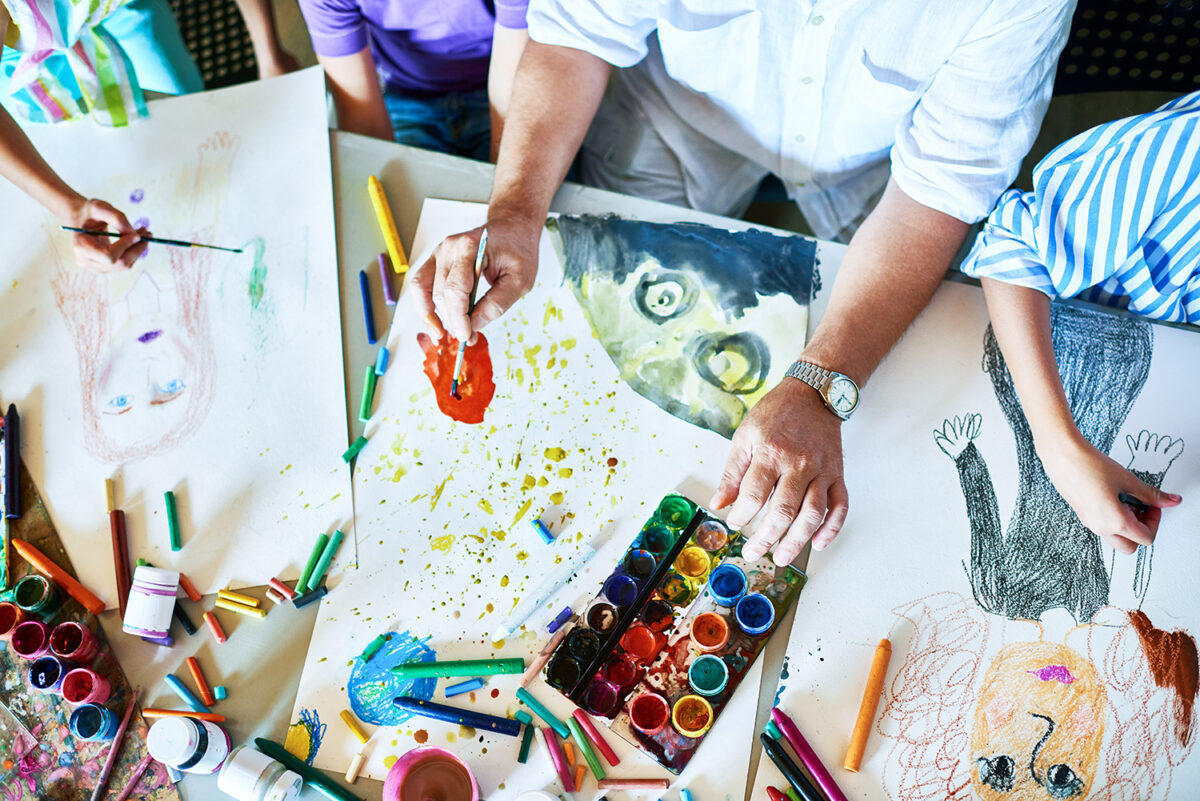
It can be
(a) Visual Arts which includes architecture, drawing, photography)
(b) Literary Arts which includes drama.
(c) Performing Arts which includes dance, music, theatre.
Maths
Maths includes the study of numbers, shapes, structures and space organised by reason, symbols and rules.
Maths is the foundation for science, technology and engineering. Its work is generally used in STEAM to find patterns in data. These patterns can be used to test relationships, draw general conclusions about data and model the real world.
Engineering:
Age (5) Ages (6 & 7)
- This workshop based summer camp allows children to develop their construction and engineering abilities.
- They will be taught the basics of structural engineering using plastic bricks and construction pieces by a qualified engineer.
- Both individual and group projects are carried out across the week, ensuring a fun-filled, highly educational week.
- Students will leave with a basic knowledge of structural engineering concepts such as the effect of force, balance and suspension.
Ages: (8-12) years
- This is the most advanced of our engineering camps.
- Here the older students are led by a qualified engineer in a week of workshops in structural engineering
- Plastic bricks and connecting pieces are used to create a wide range of constructions, including pyramids, skyscrapers, bridges and wind turbines.
- Students will also work on computer software at Columbus Club to learn about Robotics and its applications.
Learning Outcomes
- Construction: This provides children with the opportunity to work on team building projects, as well as time to explore their own creativity through free building.
- Bridge Construction: Students learn “to come up” with their own design and implement it, as well as learning the importance of structural soundness.
- Machines and Mechanisms: Students learn to explore resources for physical science and technology including renewable energy and pneumatics.
- Forces and Energy: Students explore kinetic and potential energy through the construction of mechanisms and vehicles.
- Problem Solving: Students discover ways to make vehicles go faster downhill (e.g. change weight). Another example involves students building bridges to span a specific distance using the minimum amount of materials.
- Lego Technic: Students build vehicles with motors and gears (mechanical engineering).
- Measurement: Students learn to measure distance, gearing down, gear ratios, calibrating scales etc.
- Renewable Energy Add-On Set: These kits allow students to learn all about renewable energy sources. These sets feature a solar panel, turbine blades, a motor/generator, LED lights and an extension wire.
- Mindstorm: Lego at this level appeals to students interested in computers, building and creating, programming and robotics.
Definition of terms
Your child will learn about Potential energy which is the energy of an object or a system due to the position of the body. For example, a Lego vehicle at the top of a slopr.
They will also experience the Kinetic energy of an object which is the energy it possesses due to its motion.
Friction is the force resisting the relative motion of solid surfaces, fluid layers, and material elements sliding against each other. For example, the children will be taught why their vehicles come to a stop eventually. They will understand it the theoryas they work through some exercises in a practical way.
Pneumatics is a section of technology that deals with the study and application of pressurised gas to produce mechanical motion. Again students will learn solid knowledge in this section through hands-on approach using the various kits.
Chess
Benefits of STEAM Camp:
STEAM enhances Communication, Collaboration, Critical Thinking and Creativity.
STEAM is a mindset of Self-motivation, Thinking, Energising, Adventure and Making. These five factors encompass internal and external elements of a mindset that foster growth.
Each of STEAM’s five subjects share a common approach and focus. They require gathering and using evidence to create knowledge or solve problems.
Summer Dates:
Week 1: Monday, 1st July – Friday, 5th July
Week 2: Monday, 8th July – Friday, 12th July
Week 3: Monday, 15th July – Friday, 19th July
Week 4: Monday, 22nd July – Friday, 26th July
Week 5: Monday, 29th July – Friday, 2nd August
Week 6: Tuesday, 6th August – Friday, 9th August
Week 7: Monday, 12th August – Friday, 16th August
Times:
9.00am – 3.00pm
Fees:
€175 per week
€160 per bank holiday week – week 6
Please Remember:
Bring Morning Snacks, Packed Lunch, Bottle of Water & Sun Cream
Columbus Club Cancellation Policy:
Columbus Club will make a full refund in the event of a cancellation if an email or text is received three weeks before the start date of the week your child was scheduled to start the camp.
For any cancellations sought within the three-week period please note that refunds will not be made.


